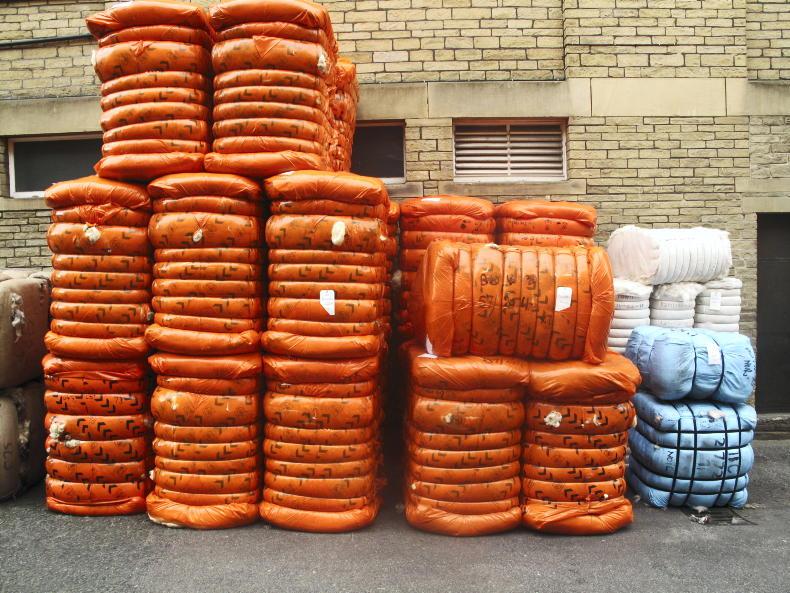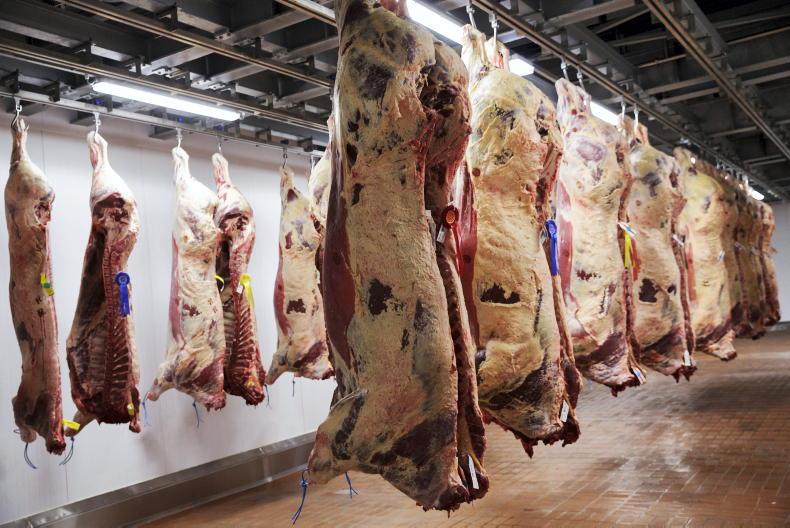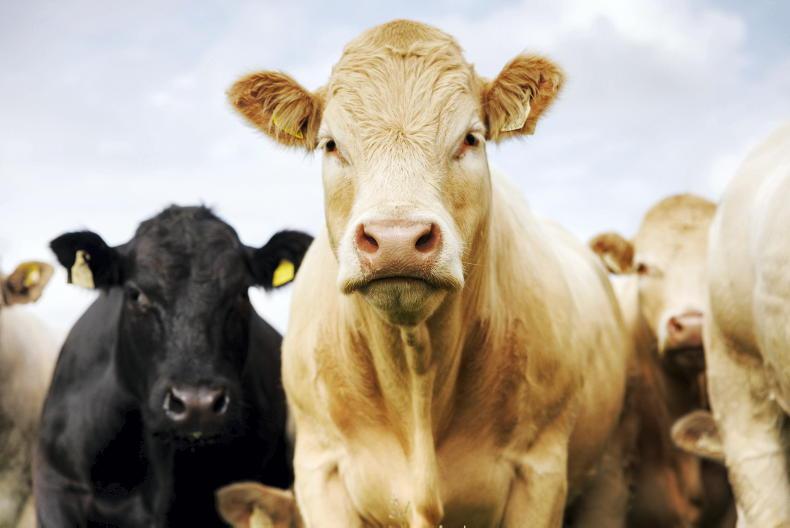There are a number of lessons Ireland can learn from the TB eradication programmes in Australia and New Zealand, a leading UCD professor has said.
Simon More has headed up Irish TB research in the Centre for Veterinary Epidemiology and Risk Analysis (CVERA). He spoke to the Irish Farmers Journal to offer a scientific view on TB and strategies to eradicate it.
The issue of TB risk categorisation has been at the centre of a storm in recent days following the Department’s publication of TB risk letters.
Risk based
More said: “The first thing I would say is that I am not aware of any successful programme internationally that does not use a process of herd based risk assessment as part of their control programme.”
Essentially, it’s changing the thinking from this herd is positive or this herd is negative
He pointed to Australia, where TB has been eradicated, and to New Zealand, which is moving rapidly towards TB freedom, as two examples.
“Essentially, it’s changing the thinking from this herd is positive or this herd is negative, through to a system of there is actually a spectrum of risk here and we need to manage the program according to that. That has been absolutely the basis of every program that's been successful that I’m aware of.”
Eradication
The current measures in place in Ireland were enough to control TB but if eradication was to be achieved, additional steps were needed and risk based assessment was one of the next logical steps.
“The Australian situation, basically showed for us to eradicate TB from cattle with little wildlife involvement is a huge task; a huge task in terms of, we really need to be serious about cattle controls. And that’s where this whole process of a risk based approach is really crystallised.”
In Australia, it took eight years for a herd to move from infected through to having robust confidence it was free. More acknowledged no herd could survive commercially if it was locked up for eight years.
Trade
Strategies were developed to allow trade continue whilst protecting the national herd.
I see us at a critical point nationally
Farmers were allowed to sell cattle to herds of equivalent or higher TB herd risk and to source cattle from herds of equivalent or lower TB herd risk.
More believed it would be a tall order to eradicate TB by 2030.
“I see us at a critical point nationally, because the science has pretty good clarity in terms of the need for additional controls. So we really have to make decisions.”
Addressing herd-based cattle risks along with a successful roll-out of a badger vaccination programme to address issues with wildlife were two key measures he identified.
Lessons
“I spent quite a lot of time looking back at both the Australian and New Zealand programmes. And one of the lessons learned is consultation, agreement, partnership and industry ownership is absolutely fundamental.”
He said the second key lesson learned was the need for a science based approach to inform strategies and policies with both programmes making reference to the need for risk-based controls.
Read more
TB Stakeholder Forum to reconvene Minister confirms
Department defends TB risk letters
There are a number of lessons Ireland can learn from the TB eradication programmes in Australia and New Zealand, a leading UCD professor has said.
Simon More has headed up Irish TB research in the Centre for Veterinary Epidemiology and Risk Analysis (CVERA). He spoke to the Irish Farmers Journal to offer a scientific view on TB and strategies to eradicate it.
The issue of TB risk categorisation has been at the centre of a storm in recent days following the Department’s publication of TB risk letters.
Risk based
More said: “The first thing I would say is that I am not aware of any successful programme internationally that does not use a process of herd based risk assessment as part of their control programme.”
Essentially, it’s changing the thinking from this herd is positive or this herd is negative
He pointed to Australia, where TB has been eradicated, and to New Zealand, which is moving rapidly towards TB freedom, as two examples.
“Essentially, it’s changing the thinking from this herd is positive or this herd is negative, through to a system of there is actually a spectrum of risk here and we need to manage the program according to that. That has been absolutely the basis of every program that's been successful that I’m aware of.”
Eradication
The current measures in place in Ireland were enough to control TB but if eradication was to be achieved, additional steps were needed and risk based assessment was one of the next logical steps.
“The Australian situation, basically showed for us to eradicate TB from cattle with little wildlife involvement is a huge task; a huge task in terms of, we really need to be serious about cattle controls. And that’s where this whole process of a risk based approach is really crystallised.”
In Australia, it took eight years for a herd to move from infected through to having robust confidence it was free. More acknowledged no herd could survive commercially if it was locked up for eight years.
Trade
Strategies were developed to allow trade continue whilst protecting the national herd.
I see us at a critical point nationally
Farmers were allowed to sell cattle to herds of equivalent or higher TB herd risk and to source cattle from herds of equivalent or lower TB herd risk.
More believed it would be a tall order to eradicate TB by 2030.
“I see us at a critical point nationally, because the science has pretty good clarity in terms of the need for additional controls. So we really have to make decisions.”
Addressing herd-based cattle risks along with a successful roll-out of a badger vaccination programme to address issues with wildlife were two key measures he identified.
Lessons
“I spent quite a lot of time looking back at both the Australian and New Zealand programmes. And one of the lessons learned is consultation, agreement, partnership and industry ownership is absolutely fundamental.”
He said the second key lesson learned was the need for a science based approach to inform strategies and policies with both programmes making reference to the need for risk-based controls.
Read more
TB Stakeholder Forum to reconvene Minister confirms
Department defends TB risk letters










SHARING OPTIONS